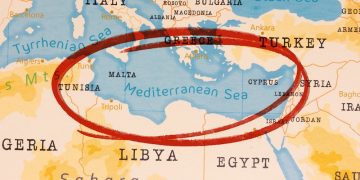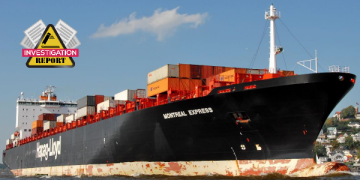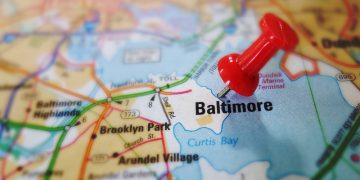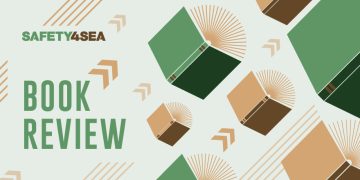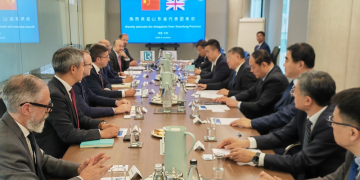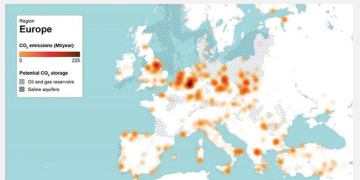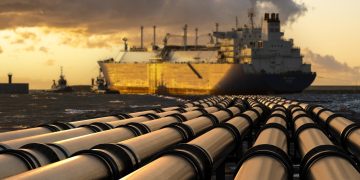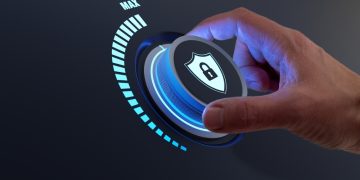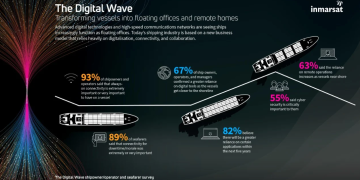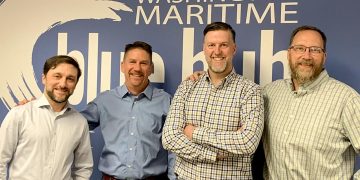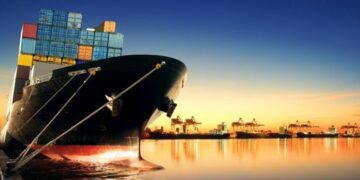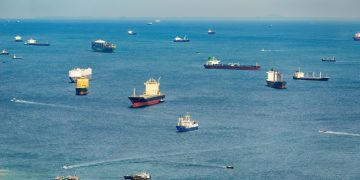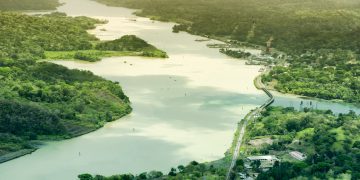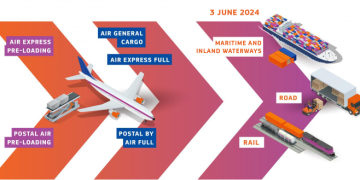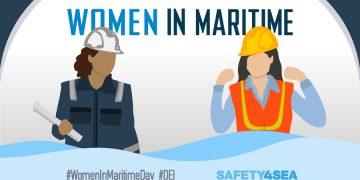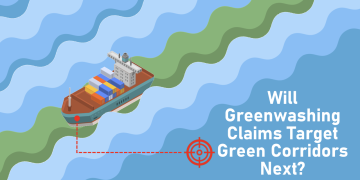IMO new Infographic explains what Polar Code means for ship safety
Polar Code highlights the potential hazards of operating in polar regions The International Code for ships operating in Polar Water was adopted on November 2014 by the IMO MSC 94. The Polar Code highlights the potential hazards of operating in polar regions, including ice, remoteness and rapidly changing and severe weather conditions, and provides goals and functional requirements in relation to ship design, construction, equipment, operations, training, and search and rescue, relevant to ships operating in Arctic and Antarctic waters.IMO has created an Infographic to explain what the Polar Code means for ship safety highlighting the following key issues for the proper equipment, design & construction, operation & manning for ships operating in Polar Waters:EquipmentWindows on BridgeMeans to clear melted ice, freezing rain, snow, mist, spray and condensationLifeboatsAll lifeboats to be partially or totally enclosed typeCloting IAdequate thermal protection for all persons on boardCloting IIOn passenger ships, an immersion suit or a thermal protective aid for each person on boardIce RemovalSpecial equipment for ice removal: such as electrical and pneumatic devices, special tools such as axes or wooden clubsFire SafetyExtinguishing equipment able to operable in cold temperatures; protect from ice; suitable for persons wearing bulky and cumbersome cold weather gearDesign ...
Read more



